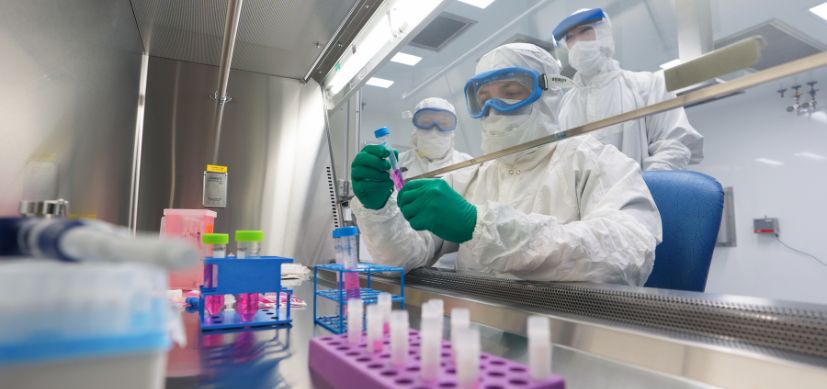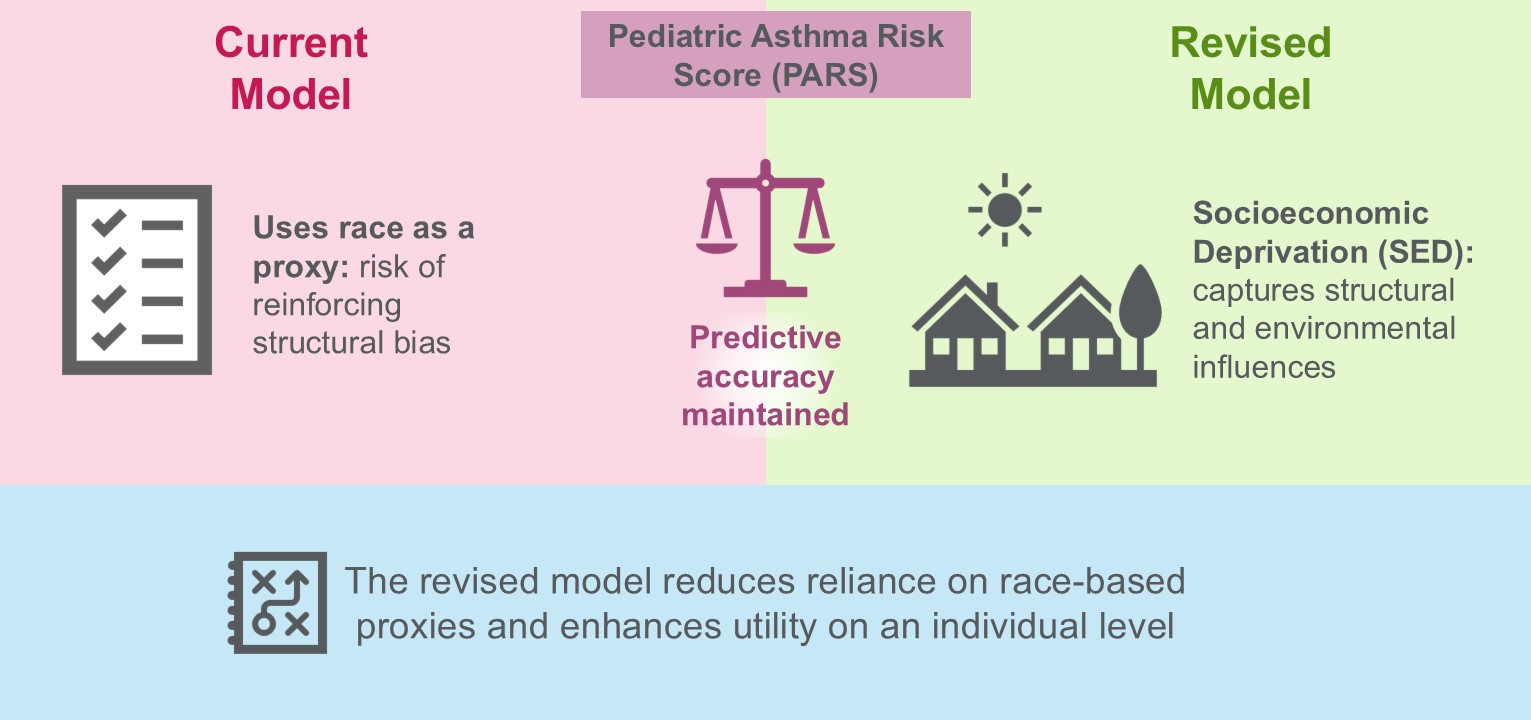Learning Networks Multiply the Speed and Reach of Innovation
Research By: Peter Margolis, MD, PhD
Post Date: June 27, 2019 | Publish Date: January 2015

Top Research Achievements 2010-2015
Since 2010, scientists at Cincinnati Children’s have produced more than 7,000 peer-reviewed studies with far-reaching impact across pediatric medicine. From this impressive body of work, six advances stand out as Cincinnati Children’s premier scientific achievements of 2010-15.

What if there was a way to create a vastly better chronic illness care system by harnessing the inherent motivation and collective intelligence of patients and clinicians? Answering that question has been the driving force behind the impressive achievements of Peter Margolis, MD, PhD, and colleagues at Cincinnati Children’s whose work is transforming pediatric medicine in fundamental ways.
Margolis is Director of Research for the James M. Anderson Center for Health Systems Excellence at Cincinnati Children’s. He has been a pioneer in developing “pediatric learning health systems,” including the disease-specific ImproveCareNow network and the wider-scale PEDSnet project. Both projects have assembled massive communities of physicians, families and scientists who can come together to improve outcomes by sharing data, experiences and insights.
Since its launch, the ImproveCareNow network has grown to include more than more than 70 care sites that serve more than one-third of US children and adolescents with IBD. By 2015, their combined efforts to share best practices had increased the clinical remission rate for patients from 60% to 79%.
Now Margolis is working to expand the lessons learned from the ImproveCareNow project to many more chronic conditions. The new PEDSnet consortium includes eight academic pediatric medical centers, two disease-specific pediatric networks, and two national data partners. Margolis and Christopher Forrest, MD, PhD, Children’s Hospital of Philadelphia are the principal investigators. Details about PEDSnet were published in a July 2014 paper Margolis co-authored for the Journal of the American Medical Informatics Association.
PEDSnet will support the wider goals of the National Pediatric Learning Health System, which seeks to integrate clinical studies done in routine care settings, leverage structured data capture at every encounter, and incorporate quality improvement methods to advance care delivery – including active and meaningful patient participation. By 2018, plans call for expanding PEDSnet to include 10 percent of the nation’s children, and to use the network to conduct 25 observational research and 10 interventional studies.
PEDSnet itself is part of a still larger effort known as PCORnet, the National Patient-Centered Clinical Research Network. PCORnet has grown to include 34 research networks like PEDSnet. Margolis was recently chosen to chair the PCORnet Steering Committee.
Already, the participating networks have mapped data for 1 million individuals to the PCORnet Common Data Model. The next phase will include using that information to accelerate discoveries in more than 150 diseases and conditions.
(This story originally appeared in the 2015 Research Annual Report)
Research By








